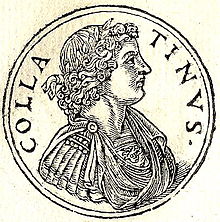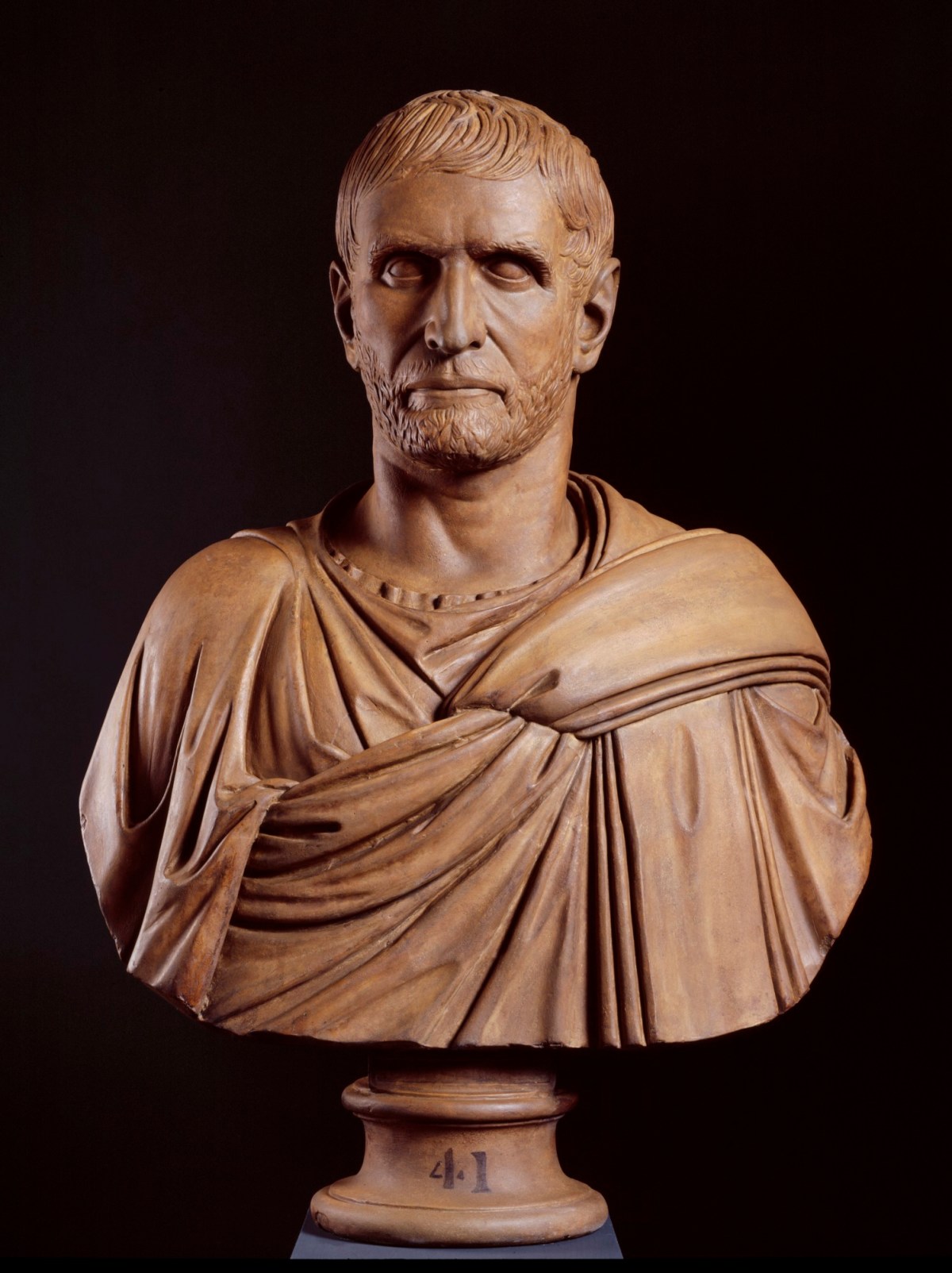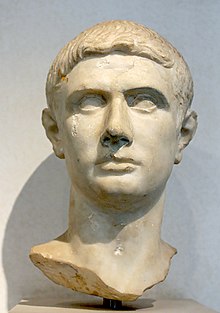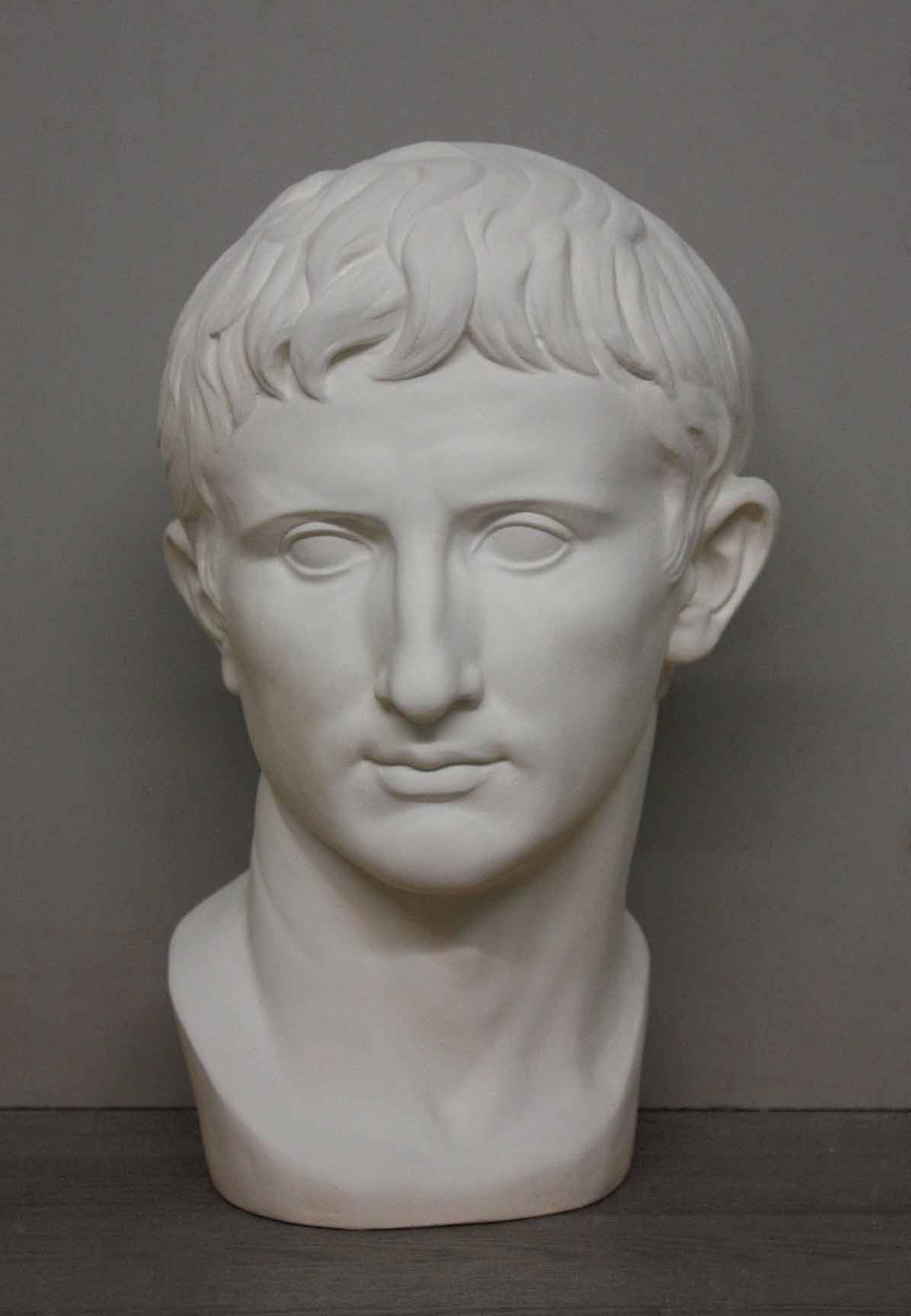Portal page
Kings of Rome
Kings of Rome
by : Frederick II of the HRE

Statue of Lucretia (left) and Collatinus (right)

Statue of Lucretia (left) and Collatinus (right)
Non-dynastic
The reign of Romulus
The reign of Numa Pompilius
The reign of Tullus Hostilius
The reign of Ancus Marcius
Tarquinian dynasty
The reign of Lucius Tarquinius Priscus
The reign of Servius Tullius
The reign of Lucius Tarquinius Superbus
The reign of Collatinus
Junian dynasty
The reign of Lucius Junius Brutus
The reign of Titus Junius Brutus
The reign of Tiberius Junius Brutus
The reign of Gaius Junius Brutus
Tiberius Junius Hostilus
The reign of Tiberius Junius Hostilus
Tiberius Junius Quintus
The reign of Tiberius Junius Quintus
Furian dynasty
Marcus Furius Camillus
The reign of Marcus Furius Camillus
Lucius Furius Camillus
The reign of Lucius Furius Camillus
Gaius Furius Camillus
The reign of Gaius Furius Camillus
Last edited:












